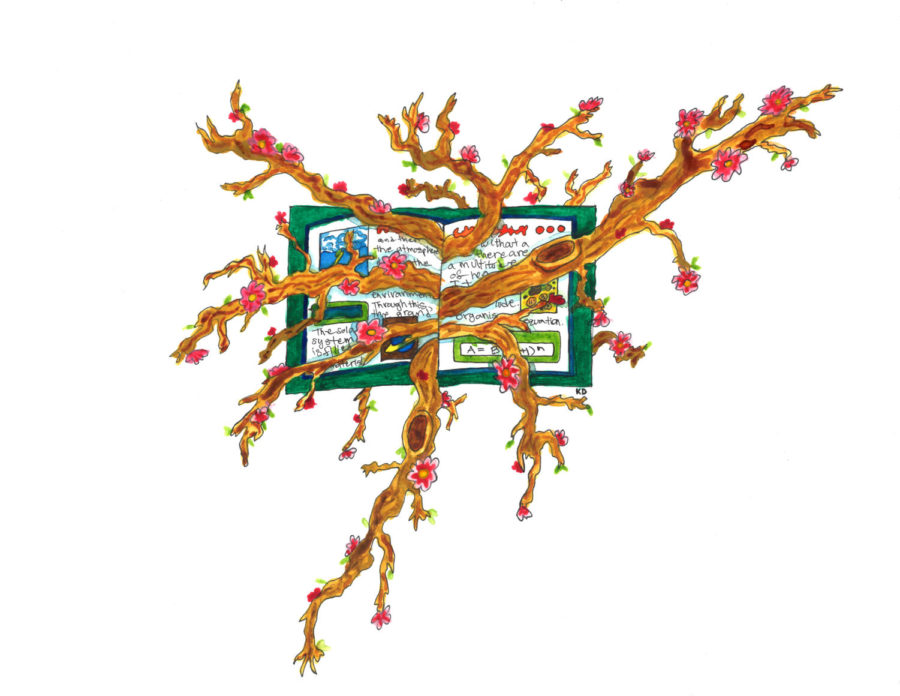I’d just logged into my Zoom session for my Sosc class a few weeks ago when I glanced out the window and noticed that several inches of snow were missing. A few hours of sunlight and relative warmth had melted it. The weather app told me it was mostly sunny, but it was more than just sunny—it was 6 degrees Celsius in January in Chicago. If you skim the overview of the physical sciences core requirement on UChicago’s website, you might notice a quote from the late UChicago professor and Nobel laureate Subrahmanyan Chandrasekhar: “Science is a perception of the world around us. Science is a place where what you find in nature pleases you.” When we observe the world around us, we usually tend to categorize it into two categories—odd things and normal things. Sunny Chicago didn’t seem pleasing, it seemed odd. But what is not pleasing about sunny Chicago?
This article won’t provide an answer to that question, but it’s my hope that it’ll tell you how you can answer it for yourself. You can, of course, Google it, and click on the first article that mentions climate change or global warming; however, that’s not the type of answer—or in Chandrasekhar’s words, “perception of the world”—that I am looking for. Knowing the answer is not simply reading about it somewhere—it is about learning, acquiring knowledge and using it to change what you perceive as unpleasant or harmful. One of the University’s most distinctive characteristics—both culturally and institutionally—is its commitment to holistic education for its own sake: education which prioritizes breadth, but also rewards depth. The Core Curriculum affords students in the College the unique opportunity to observe phenomena with a critical eye, and how to position themselves to address, analyze, and adapt to these phenomena. The spirit of the Core is one designed to prepare students at UChicago to learn “the skills of critical inquiry, argumentation, and analytical thinking in both quantitative and qualitative settings,” and learning about the environmental crisis should be on top of this list. The University prides itself on its commitments to rigorous inquiry and the growth of knowledge; by neglecting to establish a dedicated environmental studies core requirement, the University fails its students and fails itself. You can’t understand the world around you until you understand the environmental crisis that threatens to destabilize it altogether.
One thing that consistently impresses me about classes at UChicago is how well they continuously engage with the world that the University exists in. One of the classes that has been offered this quarter is titled Sociology of Urban Planning: Cities, Territories, Environments. It’s cross-listed between environmental and urban studies and several other departments. The course takes a systematic—and not individualistic—approach to the environmental crisis in the context of capitalism and urban planning. Another course offered this quarter is called Environmental Effects on Human Health—this course focuses on how the ongoing environmental crisis affects the wellbeing and health of humans. There are other courses listed, and you can find them on the program website.
If you decide to take any environmental and urban studies courses next quarter, make sure to ask your professor why sunny Chicago is unpleasant, and whether the University of Chicago commits any actions that are harming the environment—not as an arbitrary entity, but rather an entity that mirrors the system in which it resides. After all, one part of learning is self-assessment—and the other part is about changing from within.
Rawan Abbas is a student-at-large in the College.







